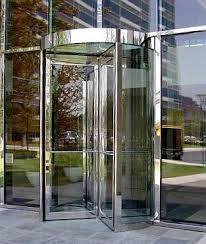Is relapse the revolving door? One of the persistent challenges of fighting addiction is the risk of relapse, or the full return to an addictive lifestyle after an attempt to quit. Addiction crosses all demographic borders, and it’s possible for anyone recovering from drug or alcohol addiction to relapse, but it’s also possible to never relapse during your recovery. Remember, relapse is a setback, not a failure.
Is Relapse The Revolving Door?

Forty-seven percent of recovering addicts relapse within the first year after treatment begins. The possibility for recurrence is high: of those who relapse, 61% will relapse again. Over a five-year period, 97% of opiate (not including heroin) and painkiller abusers will relapse at least once. Recovering crack, alcohol, and heroin addicts have similarly high rates of relapse over the course of five years, at 84%, 86%, and 87% respectively. The good news is, if you stay clean for more than five years, your chances of relapse drop dramatically.
Although the 5-year relapse rates by drug can be a little scary, the overall relapse rate for drug addiction of 40-60% is comparable to other chronic illnesses such as Hypertension, Type 1 Diabetes, and Asthma. Dual diagnosis and the presence of common triggers such as being in the presence of drugs/alcohol or others who are using can increase your likelihood to relapse.
Why Relapse Is Dangerous
Relapse in the context of addiction recovery is perilous for several reasons. First and foremost, it jeopardizes the individual’s progress toward sobriety and disrupts the hard-fought gains made in the recovery journey. It can lead to a downward spiral, where the person may return to destructive habits, often with increased intensity. This can have severe health implications, both physical and psychological, and may result in overdose or other life-threatening consequences. Relapse also impacts relationships, erodes trust, and can alienate loved ones, adding to the emotional toll. Overall, relapse is dangerous as it threatens one’s well-being, stability, and the potential for a brighter, sober future.
Click the image below to view a larger version.

Infographic by Clarity Way





